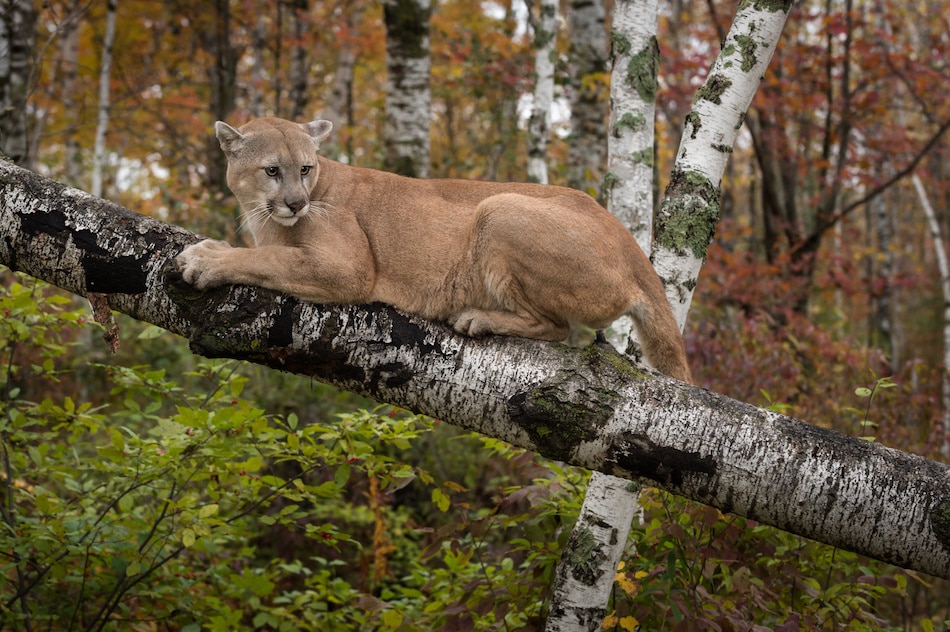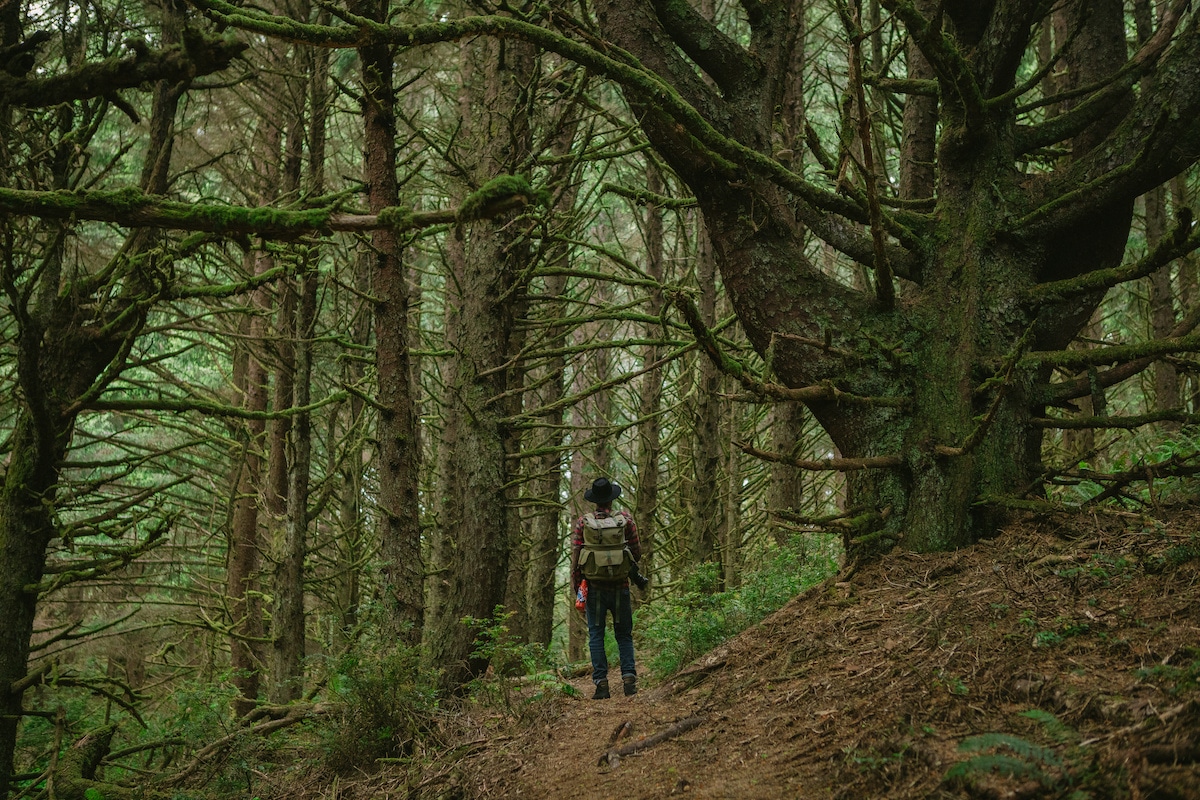What We'll Cover
What Do Should You Do When You See an Animal While Camping?
Camping is hands-down one of the most popular family activities of all time. However, there are at least a few dangers that all campers should be aware of before they venture out into the great unknown.
As campers in the wilderness, or even in established campsites, we as human campers, need to remember that we are visitors to other animals homes. After we have our camping and cooking cookware adventure, we go back to our own homes. Whereas the animals remain where we visited.
So be aware, that critters in the night (or day) can quickly spoil the trip, if we are not prepared. Before everything goes from fun to failure, it’s time to learn more about how to handle an animal encounter while camping.
Prevention First
The advice is fairly standard when it comes to preventing conflict with wildlife: keep a safe distance, don’t do anything to anger the animal, and store food either in a bear hang or in a bear canister to eliminate odors.
And though it may be more difficult (or easy in this case) with kids while camping, while on the move, carry jingle bells (available at any camping store) to warn animals of your imminent arrival. Campers should also change clothes after cooking to keep animals at bay. Finally, keep all pets on a leash at all times and clean up the campsite as much as possible after preparing meals.
Unfortunately, sometimes there’s no way to avoid an animal encounter when camping. If animals feel threatened enough—especially if they have their young with them at the time—they may feel forced to attack. (For campers hiking in mountain lion country, it’s unlikely to run into these large cats because mountain lions are skilled hunters and stalkers.) But there are ways for campers to handle practically any scenario if they can keep calm and try a few simple tricks.
Do Not Stand Down
An animal is going to feel most comfortable attacking prey, so the campers need to send a strong message that they’re not prey. In other words, don’t run away. While the instinct may be to get away from the animal as fast as possible, this is the worst possible move. Instead, campers should make noise by yelling or banging things together while slowly backing away from the direction in which they came. Campers can make themselves look larger by holding their backpacks over their head or by putting small children on their shoulders. Even throwing small rocks, sticks or even camping cooking equipment toward the animal can work to scare them off. The bottom line is the animal is not looking for a strenuous fight, so campers have to prove that they won’t be easy to take down!
Worst-Case Scenarios
Wild animals have had to learn the hard way that man is not exactly their best friend, which is why most animals simply won’t attack campers under any circumstances. Attacks happen of course, but they’re rare and normally brought about due to extreme circumstances such as hunger or fear. If for some reason an animal does attack, it’s time to use pepper or bear spray to deter the animal. If this doesn’t work, campers should not play dead in most circumstances—they should fight back with every ounce of strength they have. An animal may give up if they feel the fight will take up too much energy. The only exception to this rule is if a camper stumbles upon a mother grizzly protecting her young. In this case, playing dead is usually the right thing to do.
While a dangerous animal encounter is unlikely, all campers should know how to handle themselves should something happen and how to act around wildlife. Everyone in the family should be taught what to do, and they should practice several times before ever leaving the house.
The responses below are not provided, commissioned, reviewed, approved, or otherwise endorsed by any financial entity or advertiser. It is not the advertiser’s responsibility to ensure all posts and/or questions are answered.



![Best Archery Sets This 2023 [Men & Women]](/assets/images/8cf78150f1d9d7a0c175609145d21517.png)

